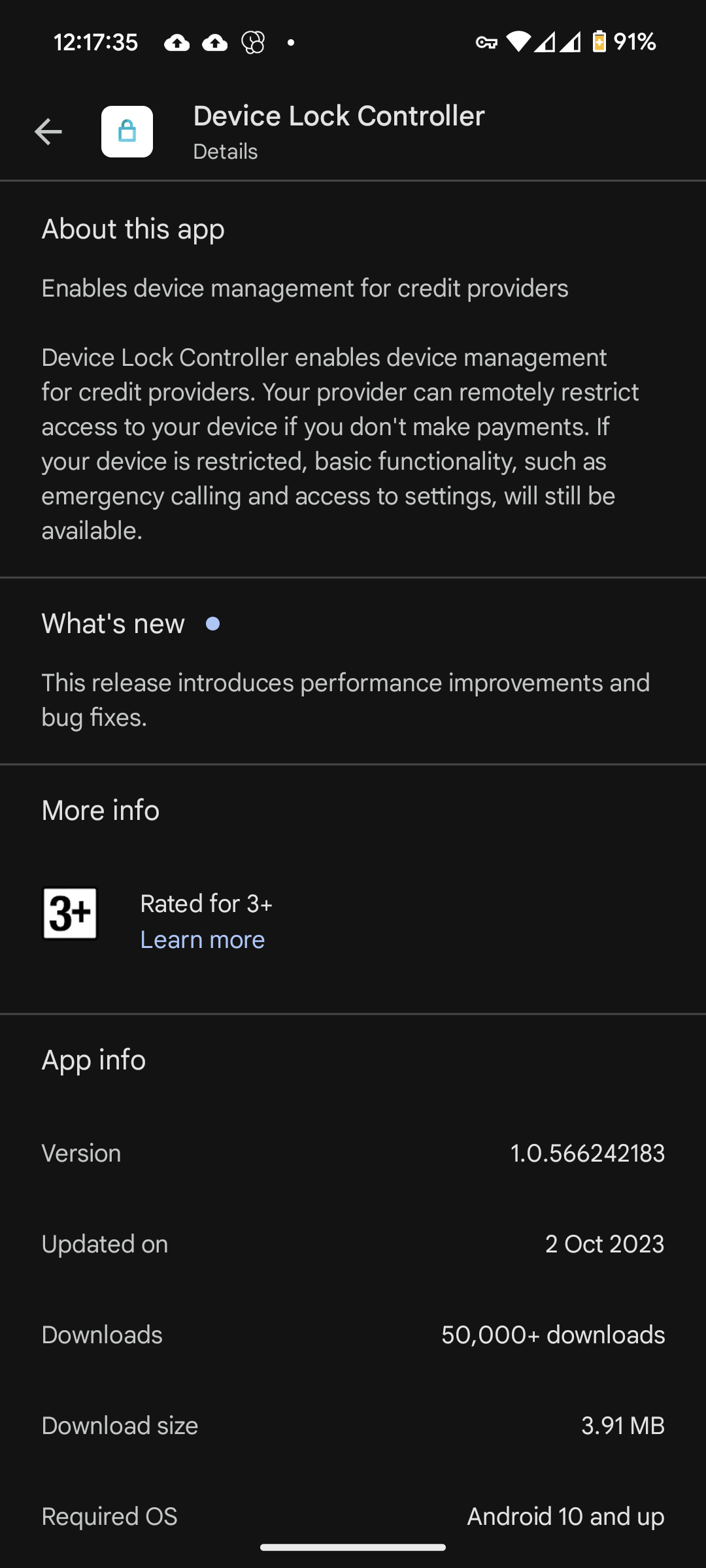

That’s insufficient. Mobile providers are not even getting your location through that Google mechanism that feeds Google. Their towers track your location even if you have GPS off.
I always tap “disagree” to location svcs when turning GPS on and take a hit on slow positioning. But that only cuts Google off. To cut the mobile carriers off, I keep my phone in airplane mode and also keep the GSM chip slot empty. In fact I don’t even carry a gsm chip. I believe in this state I can make emergency calls (IIRC, airplane mode automatically gets disabled when an emergency number is dialed).


I had a faraday phone case at one point. They also make jackets with faraday inside pockets. I quit using the faraday pouch because if you use that as a convenient off switch, the phone works harder to find a tower, draining batteries. So to save juice you need airplane mode. There’s probably still reason to use a faraday bag along with airplane mode, but since I’ve parted with a GSM chip as well, it’s just not worth it unless you’re someone like edward snowden.